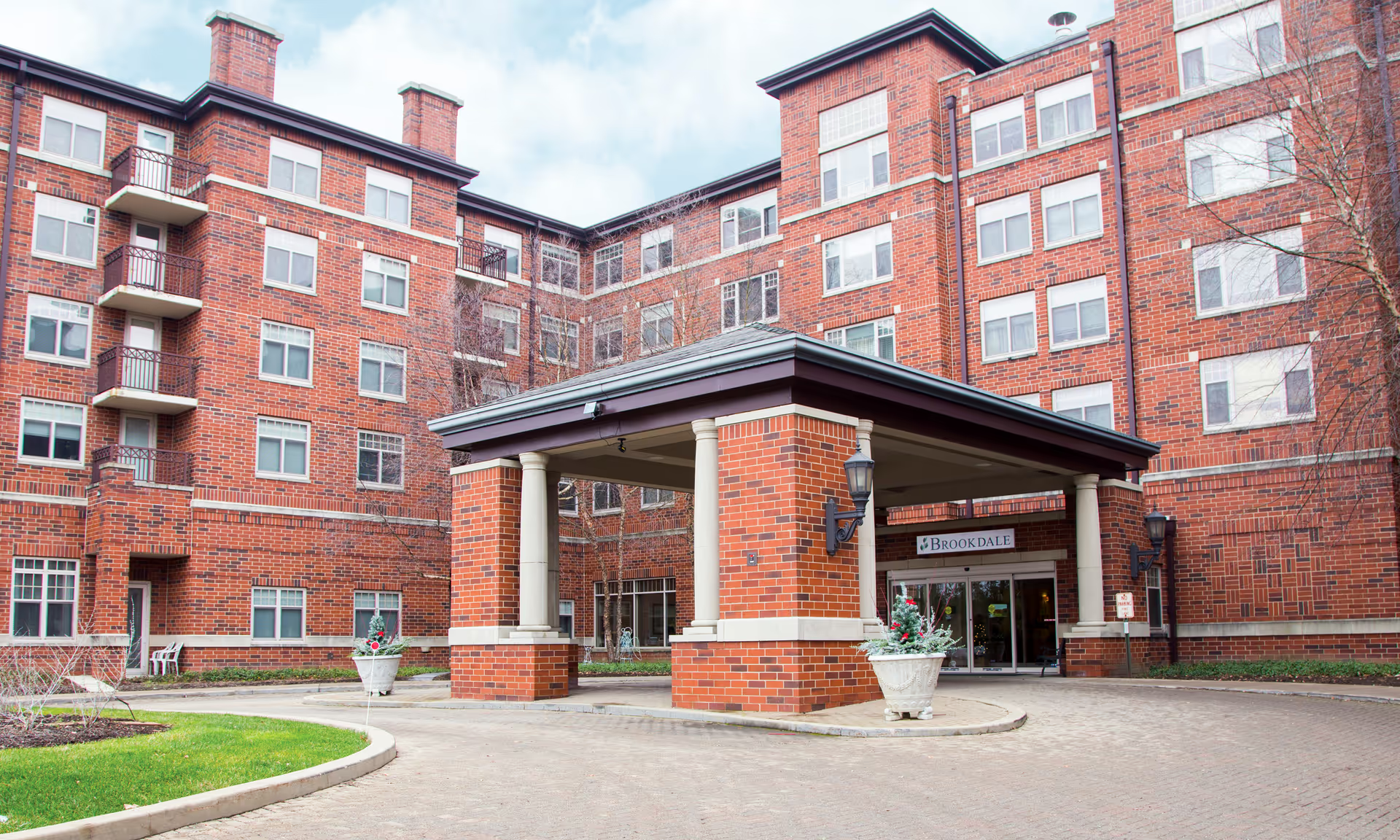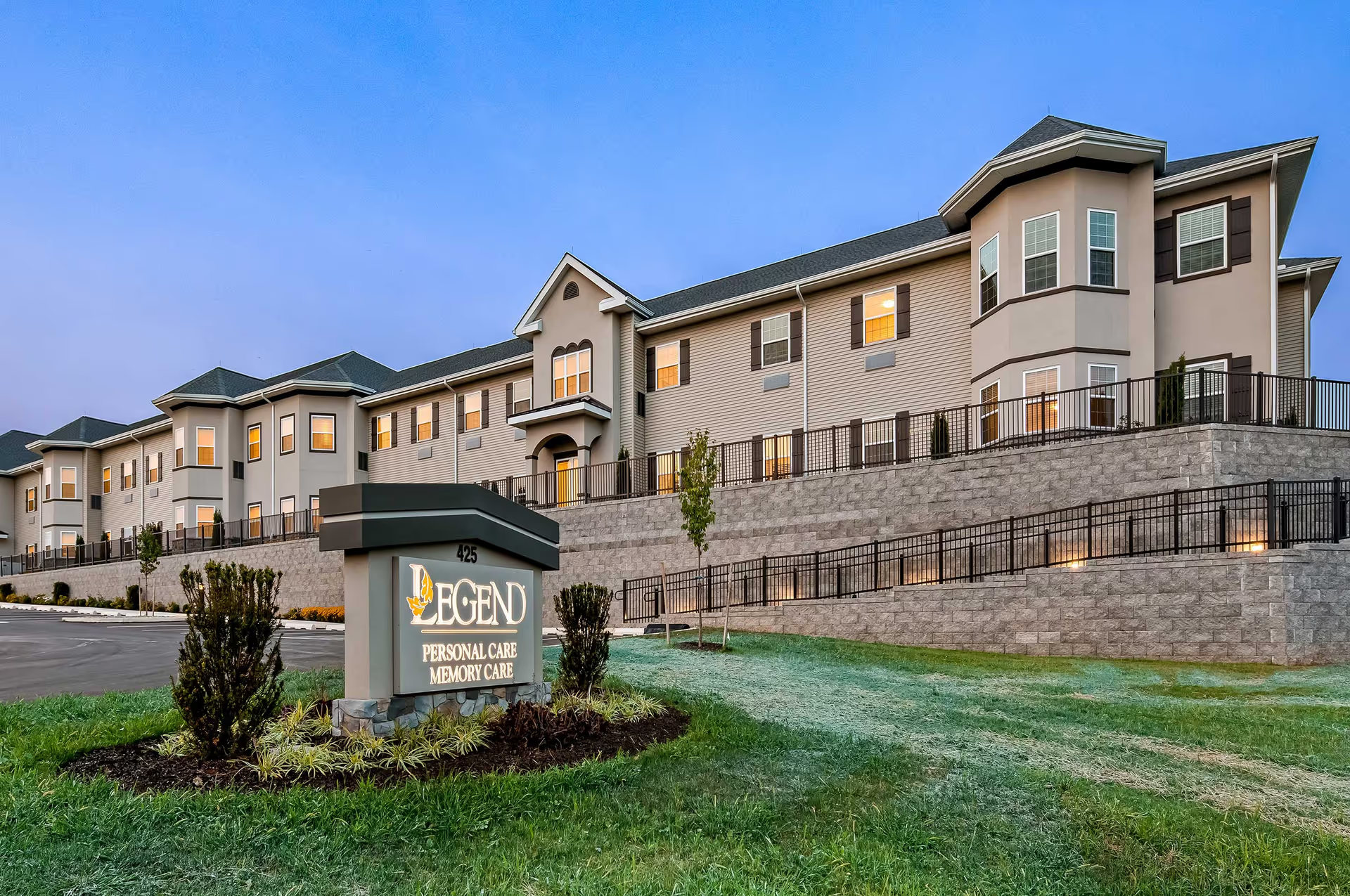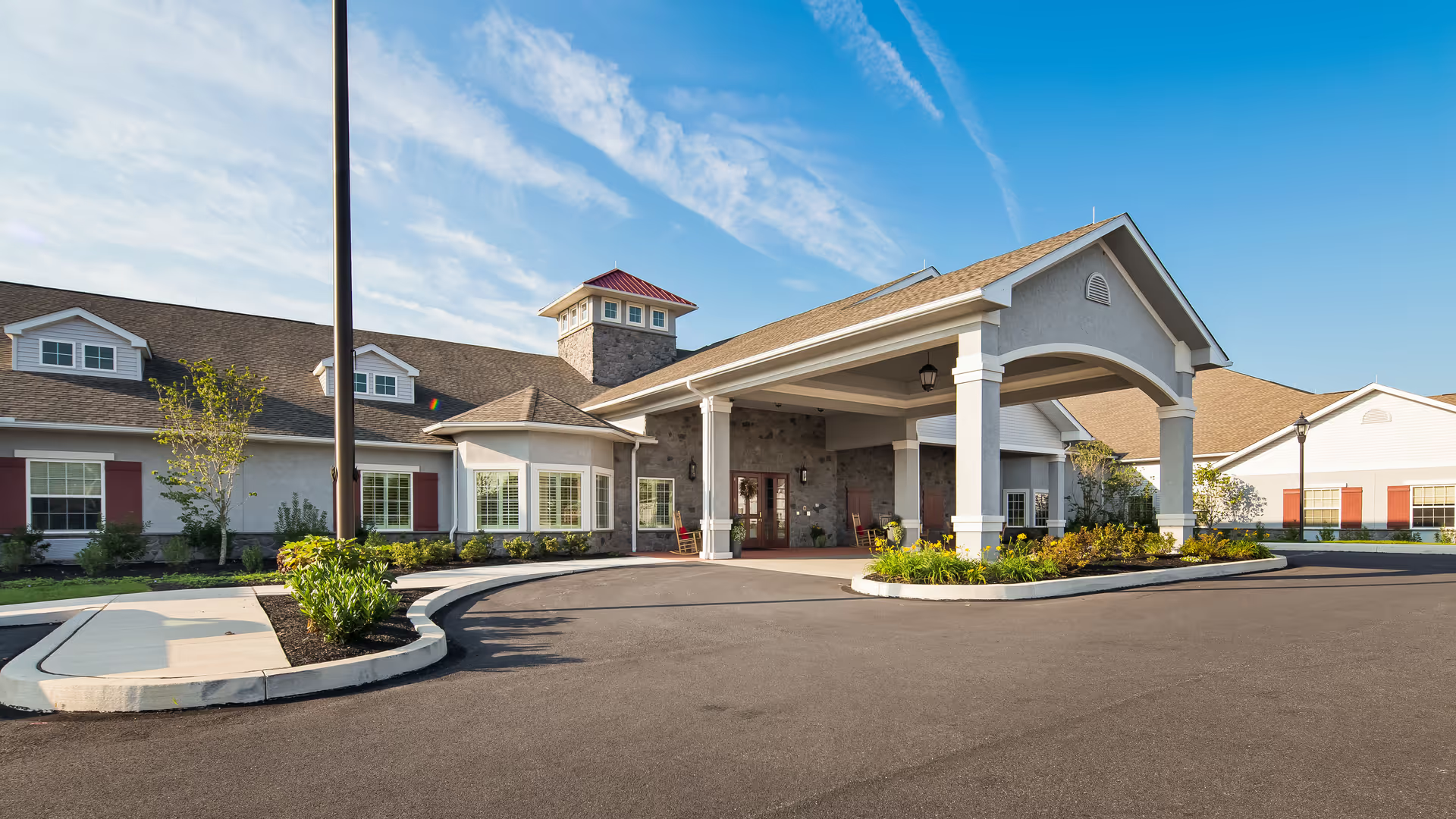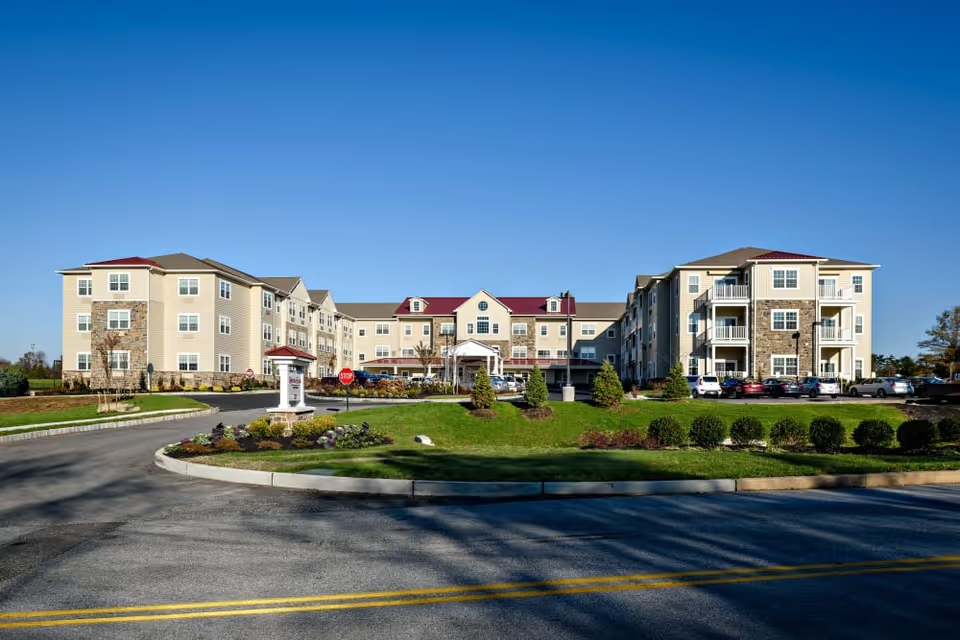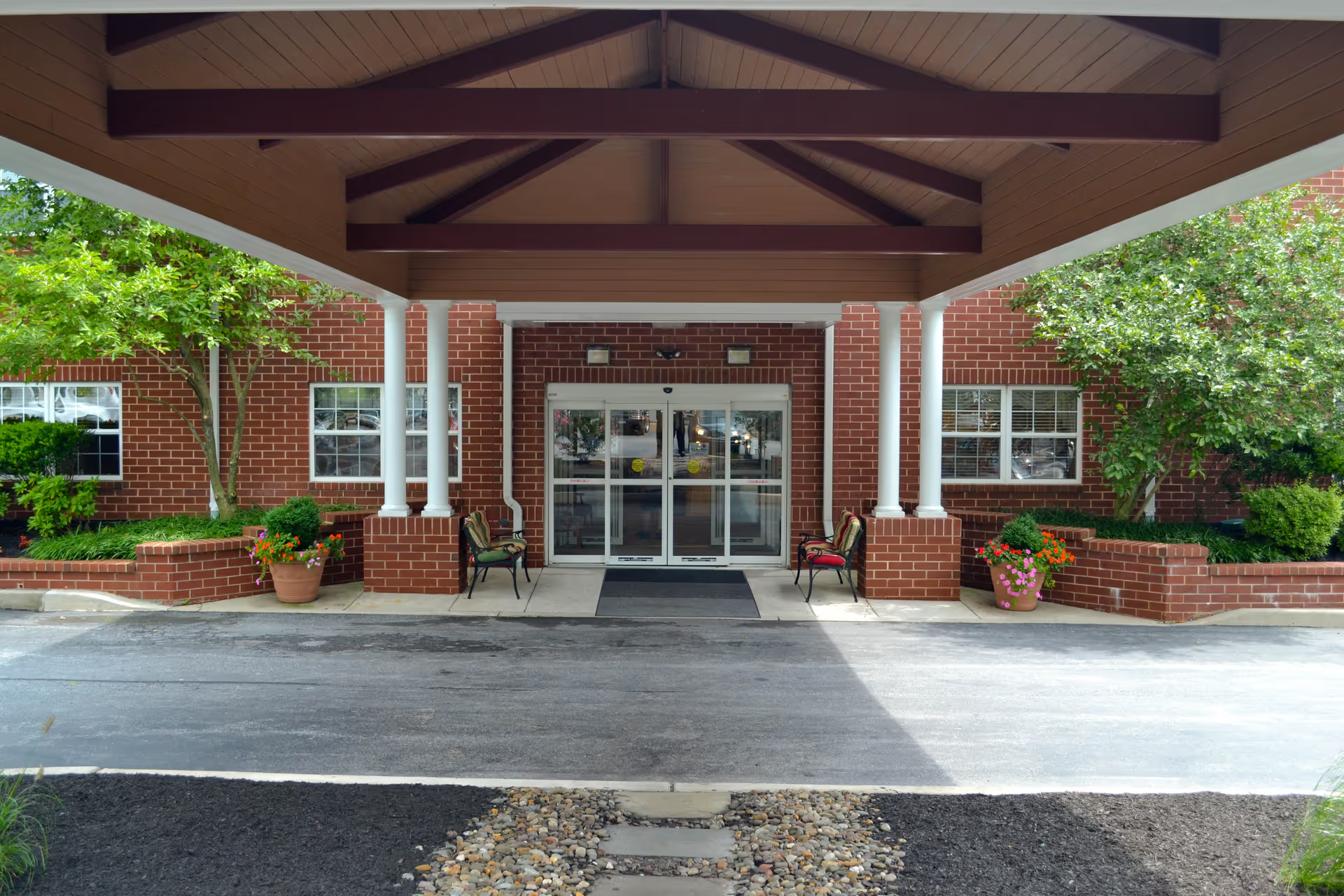Overall sentiment: Reviews for Brookdale Durham are strongly mixed, with a large number of families and residents praising the personal care, activities, dining, and attractive campus while a substantial minority report serious operational and safety concerns. Positive comments frequently highlight warm, compassionate frontline caregivers, standout med-tech and nursing staff on certain floors, an energetic activity director, appealing common areas (courtyard, music, fish tanks), and good therapy/rehab services. Conversely, recurring criticisms focus on medication errors, administrative unresponsiveness, billing problems, housekeeping lapses, and staffing instability. The result is a polarizing portrait in which individual experiences vary dramatically based on unit, shift, or timing.
Care quality and staffing: One of the clearest patterns is that direct care staff – CNAs, med-techs, kitchen servers, activities staff – are often described as caring, patient, and family-like. Several reviewers singled out individual employees by name as exemplary and noted consistent, compassionate bedside care and coordinated medical visits (including house calls in some cases). At the same time, there are many reports of missed medications, incorrect dosages, delivered prescriptions in error, and even situations where residents were allowed to keep or administer their own medications against policy. Staffing shortages and turnover are repeatedly cited as root causes: under-staffed shifts, poor continuity between shifts, and med-tech/nursing gaps correlate with missed baths, delayed meds, and reduced one-on-one assistance. A few reviewers alleged unlicensed med tech practices; others reported that some floors have notably stronger clinical teams than others. Families should verify current staffing ratios, med administration protocols, and recent clinical incident reports during any visit.
Administration, communication and billing: Communication and administrative responsiveness are recurring pain points. Multiple reviewers reported that administrators or executive-level staff rarely return calls, delay responses on insurance or care concerns, and are slow to process repairs or billing corrections. Billing issues are highlighted repeatedly: unexplained charges, late or missing discounts/specials, deposit timing pressure, and disputed adjustments. Some families described marketing and pricing tactics — such as time-limited specials or post-admission price increases — as misleading. In contrast, others reported positive, efficient interactions with billing staff or specific administrators who were diligent. This inconsistency suggests variable performance among administrative personnel and periods where systems (billing, admissions) may be under strain.
Facilities, housekeeping and maintenance: Many reviews praise the campus aesthetic: an attractive entrance, appealing courtyard, remodeled sections, and thoughtfully designed common spaces. Rooms and suites are described as spacious and with kitchenette options in many cases. However, there are numerous complaints about housekeeping and maintenance: persistent urine odors in hallways or rooms, infrequent room cleans, missing or unclean linens, black mold concerns in vents, broken furniture or fixtures left unrepaired, taped repairs, and ongoing renovation disruption. Several reviews specifically cite the need for better housekeeping in memory-care areas and first-floor sections. These mixed reports imply that while the physical infrastructure is desirable, operational upkeep is inconsistent and may depend on the unit or the time of visit.
Dining and activities: Dining services receive a lot of praise: varied menus, chef-managed meals, fresh presentation, and positive comments about dining-room ambiance (fresh flowers, charming dining area). Multiple reviewers said meals were a strong point of the community. Yet, there are also remarks about cold meals delivered to rooms, plastic utensils, restricted dining access constrained by doctor orders, or limited food choices on some days. Activities are widely recognized as abundant and diverse — outings, bingo, music therapy, exercise, gardening, religious services, and day trips are frequently listed. The Activity Director in particular is often described as “incredible” and engaging. A subset of reviews, especially regarding memory care, note limited stimulation and fewer activities, suggesting programming quality varies by unit and resident acuity.
Memory care and dementia concerns: Memory care emerges as a particularly mixed domain. Several families praise the secure environment, personalized care approaches (memory boxes outside rooms, music programs), and dedicated memory staff. Others describe the memory unit as sterile, hospital-like, dreary, under-staffed, and lacking in meaningful programming. There are specific worries about staff-to-patient ratios in the Alzheimer’s unit, limited memory care spaces, and the overall atmosphere being depressing. Some reviewers explicitly advised against the memory unit or indicated it wasn’t fit for more advanced dementia without closer supervision. Prospective families should ask for tours of the dementia unit during active hours, review staffing models, and request documentation on staff training specific to dementia care.
Safety, security and incident handling: Reviews contain isolated but serious allegations: theft of resident items, non-responsive emergency lines, safety hazards like broken window frames and unsecured fixtures, and occasions where residents were left sitting or not escorted to meals. There are also reports that incident reporting systems need improvement to avoid lost or misconstrued information. Positive counterpoints include mentions of good safety plans, secure environment, town halls, and strong staff-family communication in many instances. These disparate experiences indicate that safety practices may be reliable in some shifts or units but inconsistent in others. Families should inquire about incident-logging procedures, security measures, theft policies, and the facility’s escalation protocols.
Cost, admission practices and fit: Cost is a frequent concern. Many reviewers labeled Brookdale Durham as pricey compared with alternatives and noted additional hourly or “special care” charges. Some families reported a sudden price jump after admission or felt pressured by time-limited specials to secure a deposit. On the positive side, some reviewers felt the cost was justified by the quality of care and amenities. Several people emphasized that the community may be an excellent fit for more independent or assisted residents but not for higher-acuity dementia or patients requiring equipment (e.g., Hoyer lifts) that the community didn’t provide. Visitors often suggested evaluating room size options (companion vs private) to balance cost and needs.
Overall assessment and guidance: Brookdale Durham shows strong potential and many genuine strengths — warm direct caregivers, an active activities program, attractive public spaces, good dining, and solid rehab services. However, the facility also shows inconsistent operational performance: medication safety, housekeeping, maintenance, administrative responsiveness, and billing practices are areas with too many negative reports to ignore. Because experiences vary widely by unit and over time, prospective residents and families should do targeted due diligence: schedule multiple visits at different times (including mealtimes and shift changes), request written policies for med administration and incident reporting, review recent inspection and complaint history, ask for a detailed, itemized fee schedule and admissions contract, meet specific frontline staff who will provide direct care, and get references from current families in the intended unit. Monitoring early after move-in — tracking meds, housekeeping, and billing closely and escalating quickly if issues appear — will be particularly important given the mixed patterns in these reviews.


